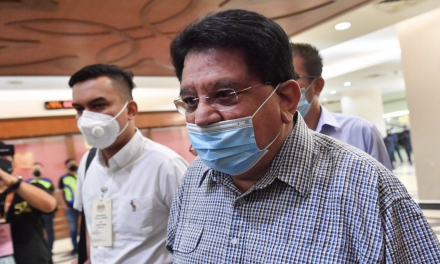18 February 2014.
Arvind Kejriwal resigned three days ago after being the Chief Minister of Delhi Assembly for only 49 days. His new Aam Aadmi (Common Man) Party (AAP) won a surprising victory of 29 seats out of 70 due mainly to rising wave of popular anger against poor services, rising prices and endemic corruption. In this election, the ruling Congress Party won 8 seats and the leading opposition Bharatiya Janata Party (BJP) got 32 seats. He joined hands with Congress to form the government. This was not a marriage made in the heaven. It was not meant to last. No one wanted it to be; not even Kejriwal.
During a turbulent 49 days in power, Kejriwal managed to cut the cost of electricity, distribute water free, and set up a hotline to report corruption. He also moved hundreds of officials suspected of corruption from key posts they held.
Kejriwal resigned because the anti-corruption Jan Lokpal Bill which he wanted to introduce in the Assembly was blocked by both Congress Party and BJP. All the 42 MLAs (of Congress and BJP) voted against the bill. If there is one thing in India in which the ruling parties and opposition parties are united, it is corruption.
President Pranab Mukherjee accepted the resignation of Kejriwal and his cabinet and imposed. He put Delhi under federal rule but did not dissolve the state assembly. Fresh elections can be held only if the state assembly is dissolved. It is now widely expected that BJP will form the government in the capital city.
Those who opposed the bill said that it has been vetoed by Lieutenant Governor Najeeb Jung, Delhi’s constitutional head. It is agreed that anti-corruption Jan Lok Pal Bill is a national issue and not a State Assembly issue. Kejriwal’s argument is that the reason for the existence of Aam Aadmi Party is to have the Lok Pal Bill passed.
Now that the general elections are coming AAP will field hundreds of candidates. Kejriwal has already announced 21 candidates, with more to follow. He has a good chance because he has the right branding strategy and he effectively uses the social media which attracts the young generation that is coming to vote for the first time. Will the anti- corruption drive take a back seat because of this busy schedule of politics? Anna Hazare is taking a breather. No one else in India is interested in fighting corruption in India.














